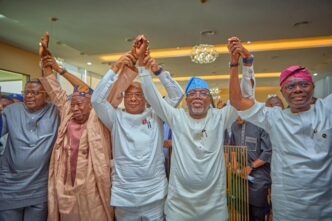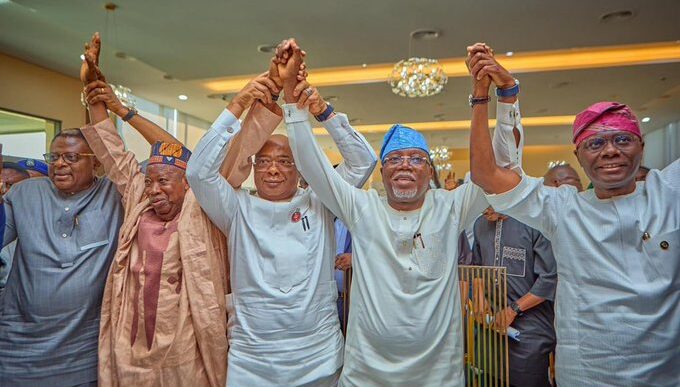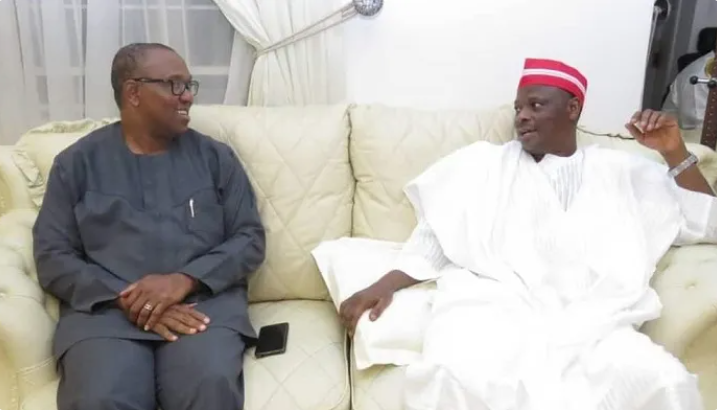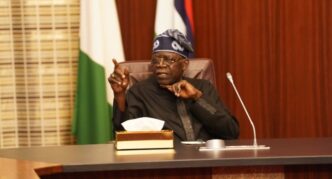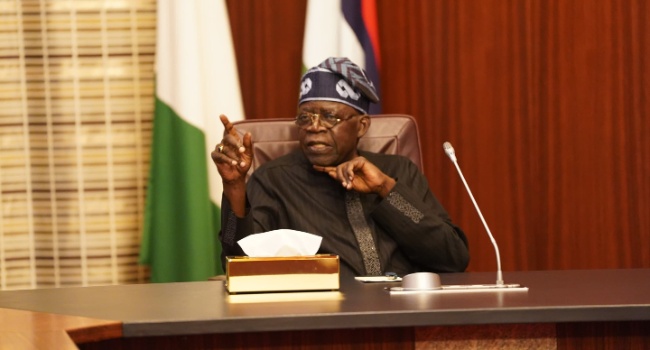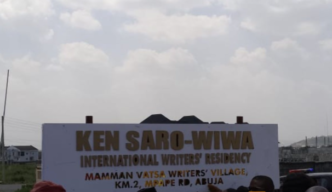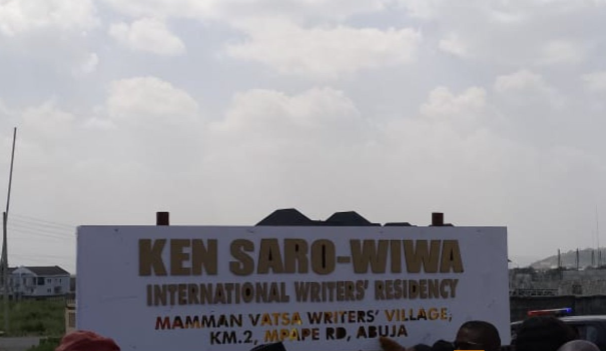For this segment of the article I wish to acknowledge the immense contributions of Professor Ersan Ilal of the Istanbul University’s Institute of Social Science (Sosyal Bilimler Enstitusu), my friends Oguz Ozdesoglu a Northern Turkish Cypriot and Cem ‘’En buyuk Cem’’ Yirtici from the Turkish Ski resort city of Uludag. Professor Ilal was a prominent Turkish political economist and adviser to the Turkish government and helped me with information on the Turkish economy. My two friends who were bilingual, helped to translate the reports and feature articles on the financial and economic pages of major Turkish newspapers like Hurriyet, Milliyet Tercuman etc as well periodicals and bulletins issued from the Turkish Finance and Economic Ministries.
Essentially the Turkish economic reforms were based on two main planks; bilateral negotiations first with the United States of America and European Economic Community. In bilateral discussions with the two the Turks hoped that once they were able to agree terms the rest which entails dealing with the IMF was going to be easier and manageable. In other words the gateway to securing softer landing with the IMF lay first with getting a deal with the US and EEC.
It helped the Turks that they had some aces up their sleeves in this regard. Turkiye was (and still is) a member of the American led North Atlantic Treaty Organization (NATO) and it also hosts two huge American military bases in the cities of Diyarbakir (with Nuclear weapons) and Incirlik respectively. Another strategic ace for Turkiye was that controlled the strategic Bosphorus straits which is the only route through which the Soviet Union then (and Russia now) could access the Black and Mediterranean Seas. One thing both the US and the EEC would do to prevent by all means was to allow Turkiye fall into the Soviet sphere as the Central Asian states did. And in the full knowledge of this factor, the Turks played it up at the negotiations.
But more importantly on the second plank, the Turkish government had a comprehensive and integrative economic plan of its own which it deployed in its negotiations with the IMF.
Advertisement
First on currency devaluation, the Turkish government anchored its strategy on three key factors; the huge remittances from Turkish workers abroad, the huge receipts from Tourism and on exports from Turkish manufactured goods. In this regard it made sense to devalue the Lira so as to ensure continued flow of foreign remittances into Turkiye, attract tourists to spend in hard currencies and inflow of foreign investments into Turkish manufacturing concerns and assets. And at the time of my sojourn in Turkiye, foreign remittances were so massive and consistent that in the neighbourhoods of Beyazit, Fatih, Sirkeci, Kapali Carsisi, Sultan Ahmet, Suleimaniye and indeed in the city of Istanbul, currency exchange shops were so ubiquitous.
On removal of subsidies, the Turkish government was selective. Turkiye relied on two major sources of fossil fuels for Energy; petroleum products and coal. Although dirty and unhealthy, Coal was vital in powering millions of households’ right across the country especially during the winter which can get bitterly cold. So subsidies on Coal were kept, but removed on petroleum products.
The Turkish government also subsidised public transportation as Istanbul and major cities like the capital Ankara, Izmir, Konya etc had numbered public bus with designated routes displayed on them. There were also minibuses supplementing public transportation.
Advertisement
At the public level, one remarkable measure the Turkish government undertook to cushion the effect of its economic policies was the subsidy on bread. Right across the country, there were booths marked ‘’Halk Ekmek’’ or People’s bread in Turkish where one could purchase quarter, half or whole bread along with Turkish tea and bean soup (Kuru Fasuliye) at affordable prices at the reach of anyone. Indeed by rule at most restaurants bread was free, which was a consequence of subsidies on Agriculture and food security.
Another area which the government placed emphasis on was Education. The Youth population of Turkiye in the 1980s was quite significant relative to the national population and included in the economic reforms was a comprehensive plan to expand the scope for especially scientific and technical education. This measure was intended not just to improve the literacy rate but also to provide the technical manpower and expertise that Turkiye needed to leap into the rank of industrial powers of the region. Thus beginning from the 1980s there was an exponential growth in universities emphasising mainly on technical courses from which thousands of Nigerians have graduated.
Perhaps one area in which the Turkish government made far reaching impact in economic reforms was in manufacturing. Turkiye in the 1980s was a medium sized industrial economy with emphasis on machinery, automobile manufacturing, garment and textiles as well as house hold products. There was a budding electronics manufacturing sector led by the Vestel electronics company which the Turkish government was doing much to protect with tariffs. A personal experience of this was when my dad who came to visit me through Germany had to be issued with a receipt at the Istanbul airport for his Sony world band transistor radio on his duration of stay and which he tendered on his exit out of Turkiye.
The Turkish government also encouraged industrialists like Vehbi Koch and Sakip Sabanci to set up conglomerates running manufacturing industries, services and entertainment.
Advertisement
The Turkish government was able to achieve all this because it came to the table with the IMF with a plan. As Professor Ilal used to say, ‘’In International relations, nations get what they negotiate’’. Studying what the IMF had been doing in other countries, Turkiye devised a strategic plan of engagement to leverage on its advantages with the principal shareholders of the institution and a comprehensive plan to use the IMF policies for its economic development plans. These engagements were subject to baselines, outlines and timelines measured against set goals and objectives of national development.
By the late 1980s into the early 1990s when the Soviet Union collapsed, Turkiye was well positioned to link up with the newly independent Soviet Central states of Kazakhstan, Uzbekistan, Azerbaijan etc all whom shared cultural and linguistic ties, for economic assistance. Turkish companies won huge contracts for oil and gas pipeline projects, infrastructure helping to boost Turkiye’s economic growth and in the process, its status as a regional power.
Today Turkiye ranks among the top 15 global economies and is a significant military power in the world.
The lessons Nigeria can learn from this is that on issues of global economic relations, it is imperative to have a comprehensive plan. In contrast to the Turkish economic development model which was well thought out with contributions and consideration for all sectors President Tinubu’s economic reforms were conceived and implemented when the institutions of government had not even been informed. It was conceived and implemented by stealth and sleight of hand and certainly not intended to spur national development.
Advertisement
We can see from the results of the economic reforms so far; the naira devaluation has not attracted huge foreign exchange inflows to aid productivity and shore up the currency.
The removal of subsidies has turned out to be a hoax through which well-connected individuals are subsidized to capture the oil sector.
Advertisement
For most Nigerians, President Tinubu’s economic reform is a life-long death sentence which symptoms are increasing high cost of living, pauperisation and poverty of the citizenry. Economic reforms ought to be a transition period from one economic situation to another but the fundamental weaknesses of Tinubu reforms is that they were not arrived at on the basis of baseline consultations and timelines on achievable targets. Hence the outcomes have been negative to the goal of national economic development.
Going forward Nigerians must insist on a more comprehensive economic master plan and matrix for economic development. (Concluded)
Advertisement
08035355706 (Texts only)
Advertisement
Views expressed by contributors are strictly personal and not of TheCable.
Add a comment


